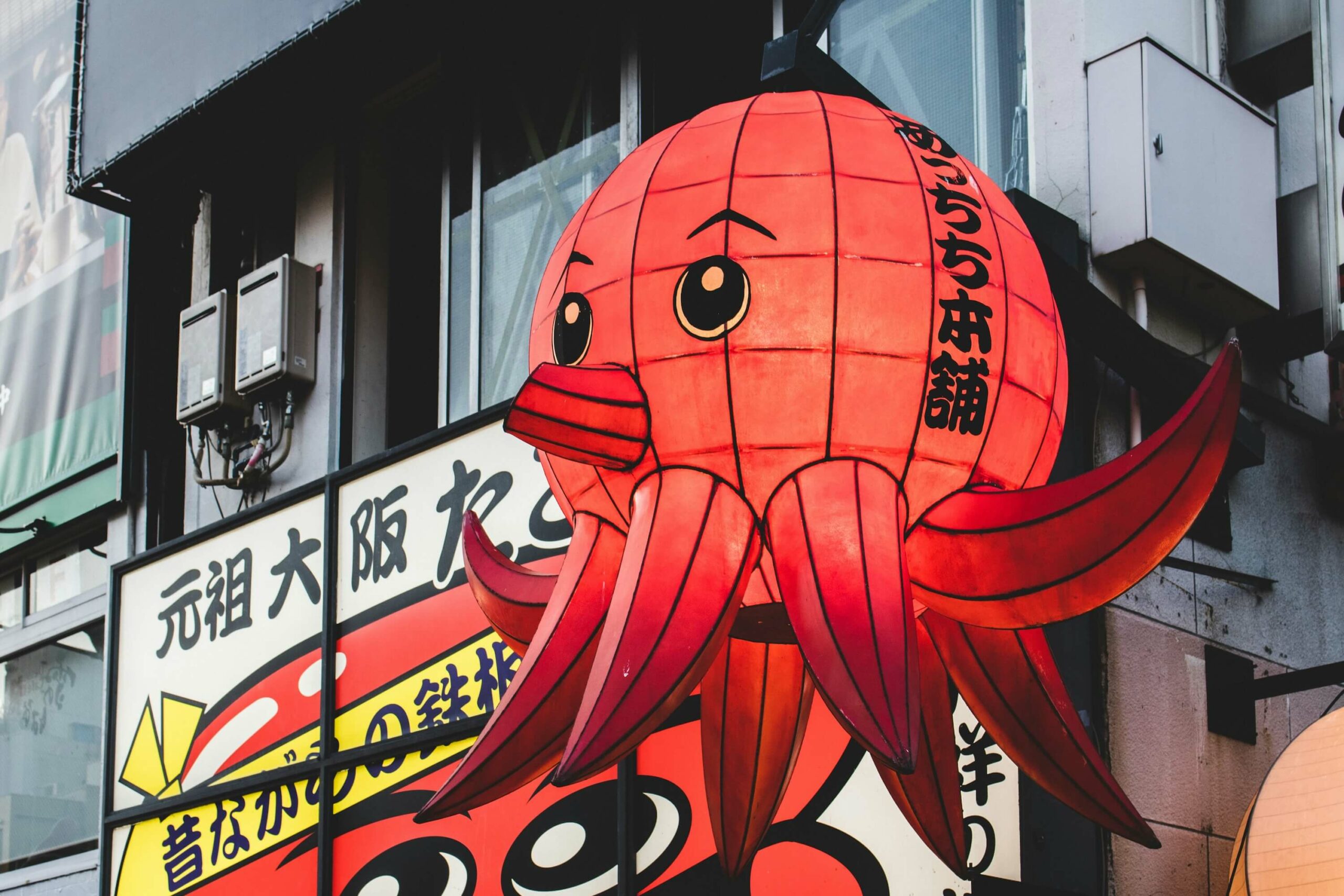Have you seen a scary marine creature with legs attached to its head? Octopus is one such cephalopod, which means “head foot” in Greek. Aptly named since the octopus has limbs attached to its head, it’s neither a fish nor a mammal but has three hearts that pump blue blood. Mostly because their blood is copper-rich to make transporting oxygen efficient even in lower temperatures.
Two hearts dedicatedly work to pump blood to the gills, while the third one channels blood to the rest of the body. Picture one with a bulbous head and eight equally long arms, gracefully walking on a seafloor. These arms, often mistakenly called tentacles, are a unique feature of the octopus. The octopus’s eight arms are a marvel of nature, and its underside contains hundreds of suction cups. What’s truly remarkable is that an octopus can move each suction cup independently. These suction cups, which are sensitive to touch, taste, and smell, act like miniature brains.
Besides hearts, the octopus has a main brain with eight smaller brains in different body parts. These smaller brains are capable of making decisions independently. However, octopuses are highly intelligent and masters of camouflage. They can match the textures and even colors of their surroundings, making it easy to hide in plain sight. When an attacker comes closer, octopuses can also squirt black ink to dull the attacker’s sense of smell.
Octopuses suck water into their mantle, contract their body, and spurt it out through a muscular tube called siphon to move into a particular direction.
Making the best of its softer body, octopuses can squeeze into tight spaces, small nooks, and crevices of the ocean floor. The only hard part in their body is the beak. This parrot-like beak is in the underside and contains venomous saliva to decapitate its prey. They mostly feed on clams, shrimps, crabs, lobsters and small fishes.
Despite having no ears, they can hear. They hunt majorly at night to envelop the prey into its arms. For hardshell prey, an octopus uses its venomous beak to break through it. Octopuses have short lifespans that range from six months to up to five years. They mostly live in coastal waters on the surface and into caves of rocks since they’re quite territorial.

